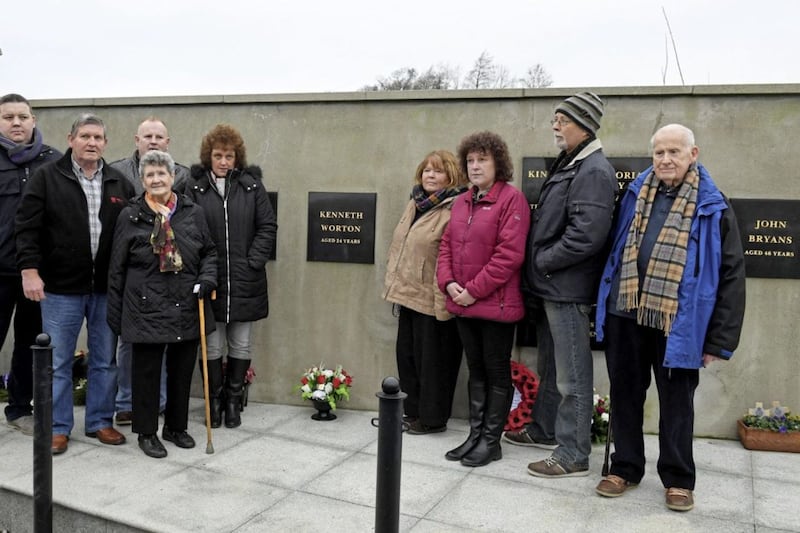It has been comprehensively established that the RUC repeatedly failed to carry out proper investigations into atrocities carried out by loyalists over a period of up to three decades.
What has emerged from the much-delayed inquest into the 1976 Kingsmills massacre in Co Armagh is that serious questions also need to be answered about the official response to a number of republican outrages.
In the course of yesterday’s proceedings, a retired senior detective apologised to the families of the ten Protestant workmen who were so callously shot dead by the IRA for the lack of progress after the appalling slaughter on a quiet country road.
The detective blamed the lack of the resources available to police at a stage when overall violence was running at appalling levels and there can be no doubt that this was a factor which needs to be taken into consideration.
However, it was still startling to discover yesterday that forensic samples taken from a van linked to the gunmen was not correlated with other evidence, including soil, a broken mirror and paint recovered in the vicinity of the Kingsmills carnage.
The previous day, the inquest was also told that eyewitnesses who arrived at the scene just after the shooting were identified but never interviewed and that Special Branch officers subsequently denied other detectives permission to arrest a number of prime suspects.
It scarcely comes as a surprise that no one was ever charged, never mind convicted, in connection with Kingsmills, and the coroner will clearly have many huge issues to consider when the case reaches a conclusion.
What it all demonstrates yet again that dealing with the legacy of the Troubles is a deeply complex and incredibly frustrating process.
Unless an unexpected breakthrough arrives, it seems inevitable that the inability of our main political parties to agree a new approach will prolong the agony of grieving relatives for many years to come.






